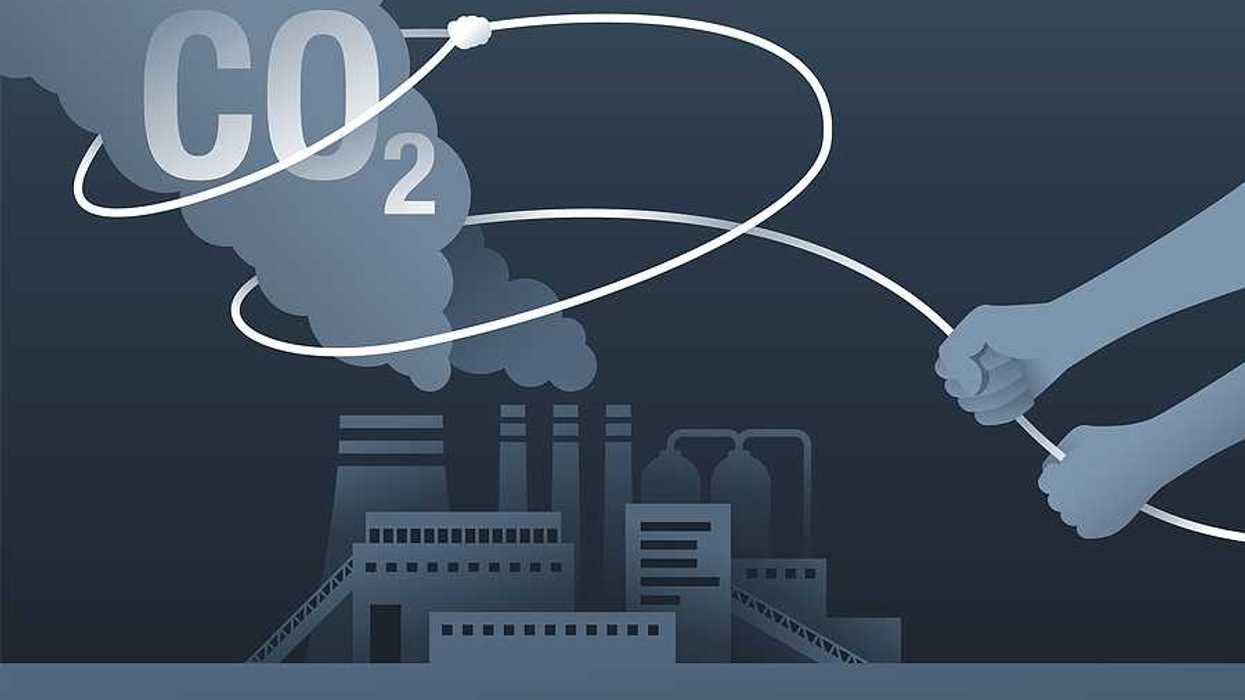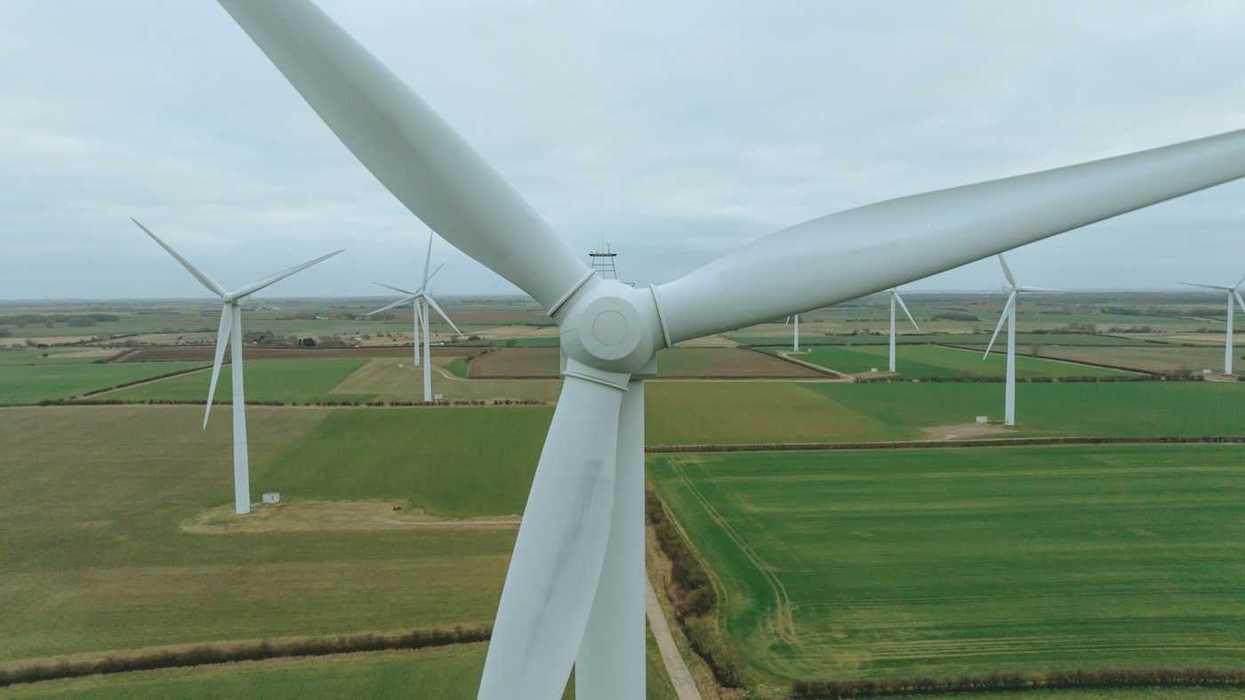The Inflation Reduction Act's clean-energy incentives are proving more effective than anticipated, leading to increased costs but potentially greater environmental benefits.
Jim Tankersley reports for The New York Times.
In short:
- The Inflation Reduction Act's cost has doubled due to its unexpected popularity and effective regulations, indicating a positive impact on reducing greenhouse gas emissions.
- Investments in clean-energy manufacturing, particularly in solar panels and electric vehicles, have surged, benefiting from the Act's tax breaks.
- The Act's success in promoting electric vehicle use and clean-energy manufacturing may lead to significant reductions in U.S. emissions, aligning with climate change goals.
Key quote:
The Inflation Reduction Act “will reduce the deficit over the long run by cutting wasteful spending on special interests, making big corporations pay their fair share and cracking down on wealthy tax cheats.”
— Michael Kikukawa, White House spokesman
Why this matters:
This development suggests a shift toward cleaner energy and reduced emissions, directly impacting air quality and public health. It also highlights a significant stride in national efforts to combat climate change, reflecting the broader global movement towards sustainable practices.
Be sure to read Douglas Fischer’s 2022 article explaining the Inflation Reduction Act.














